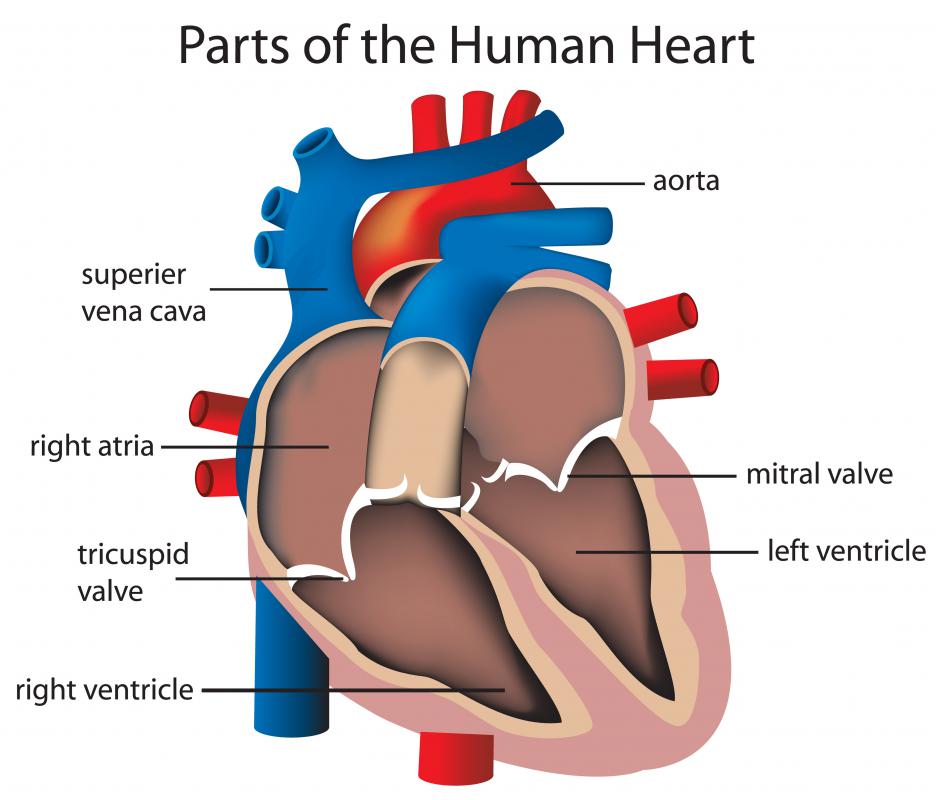At TheHealthBoard, we're committed to delivering accurate, trustworthy information. Our expert-authored content is rigorously fact-checked and sourced from credible authorities. Discover how we uphold the highest standards in providing you with reliable knowledge.
What Are Cardioselective Beta Blockers?
Beta blockers, also called beta-adrenergic blocking agents, b-blockers or beta antagonists, are medications used for a variety of cardiovascular conditions. Cardioselective beta blockers differ from non-selective beta blockers in their targeting of the beta receptors in the cells of the cardiovascular system. It is believed that at higher doses, cardioselective beta blockers are not absolutely selective and might also bind to receptors in other areas of the body. By binding to the beta-adrenoceptors, beta blockers stop the stress hormones norepinephrine and adrenaline from activating the receptors. Certain beta blockers provide some partial activation of the receptors while others don’t.
Atenolol, acebutolol and metoprolol are examples of cardioselective beta blockers. Esmolol, nebivolol and bisoprolol are also cardioselective beta blockers. These medications are primarily used to treat hypertension but are also prescribed for cardiac arrhythmias, mitral valve prolapse, angina and other conditions. Clinical trials have shown the drugs benefit patients with congestive heart failure. Cardioselective beta blockers slow the heart rate and act to increase the ability of the blood to carry oxygen, which is useful in treating this disease.

By lowering cardiac output and reducing the heart rate, beta blockers alleviate hypertension. They act by blocking the effects of the stress hormone epinephrine, also known as adrenaline, which increases heart rate and output. Some beta blockers are also vasodilators that lower blood pressure by increasing the diameter of the arteries, allowing the blood to flow with less force. They may also work in other ways, including decreasing a kidney enzyme that helps regulate blood pressure.

Commonly reported side effects of beta blockers include cold hands and feet and a slow heartbeat. The reduced heart rate might cause fatigue in some patients. Beta blockers might also cause swelling of the ankles and joint pain. Some beta blockers have a higher solubility in lipids and can cross the blood-brain barrier more readily than ones that are more water soluble. These can cause nervous system side effects including nightmares and other symptoms.

Concerns about the use of cardioselective beta blockers in patients with chronic obstructive pulmonary disease (COPD) and other mild to moderate reversible airway diseases have been shown to be unfounded. Research indicates that cardioselective beta blockers do not cause bronchial constrictions and spasms in these patients. It is believed that patients having cardiovascular conditions in addition to pulmonary problems could benefit from the use of b-blockers. Although in high doses cardioselective beta blockers are not exclusively selective, research has shown that there is little to no negative effect on the symptoms of COPD with short term use of these beta blockers.
AS FEATURED ON:
AS FEATURED ON:













Discuss this Article
Post your comments